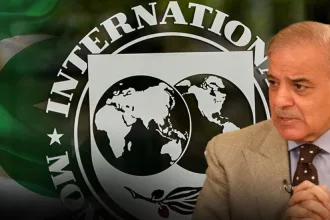In an unsettling turn of events, Victoria Azarenka, the renowned Belarusian tennis player, faced an unexpected reaction from the Wimbledon audience after an exciting match against Ukraine’s Elina Svitolina. Disapproval emanated from the crowd as Azarenka respected Svitolina’s choice to abstain from shaking hands with Belarusian or Russian players due to the current unrest in Ukraine.
In a display of extraordinary tennis, Svitolina, who was playing as a wildcard entrant, clinched a close victory, with the final scoreline reading 2-6, 6-4, 7-6 (11-9), pushing her into the quarter-finals. Following the match, Azarenka offered a courteous wave to Svitolina, but the Ukrainian player didn’t reciprocate. The scenario took a distressing twist when Azarenka was greeted by jeers from the audience as she departed Court One.
Players Reflect on the Unusual Incident
Reflecting on the incident, a puzzled Azarenka pondered what she could have done differently, underlining her respect for Svitolina’s decision to forego the customary post-match handshake. The negative reaction from the crowd affected her, leading to her making a responsive gesture before exiting the court.
Responding to the crowd’s hostility, Svitolina acknowledged her inability to comprehend the audience’s reaction fully. She pointed out that players who avoid post-match handshakes often face disapproval. Svitolina called upon tennis governing bodies to issue a directive, clarifying that handshakes would be omitted between Russian, Belarusian, and Ukrainian players until the resolution of the Ukrainian conflict.
The unsavoury episode following the intense match left Azarenka hoping for a shift in focus – from the missed handshake and crowd’s behaviour to the outstanding tennis exhibited by both competitors. She stressed that tennis matches are a professional undertaking and that the emphasis should not be disproportionately placed on peripheral incidents.
The event at Wimbledon underscores the intricate relationship between geopolitical conflicts and sportsmanship, underlining the necessity for clear rules and communication from tennis authorities to foster a respectful atmosphere for all participants and audiences.





